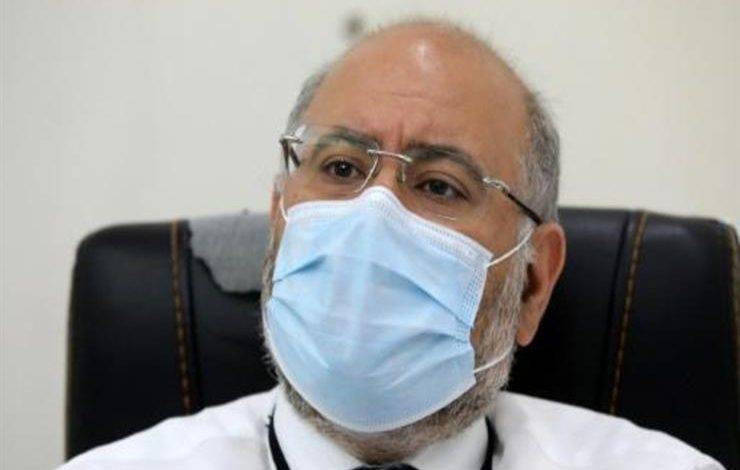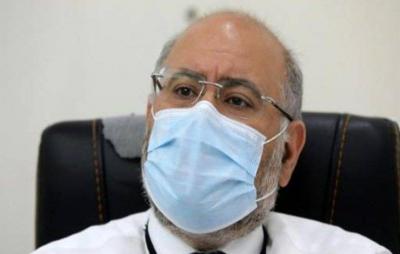Dr. Firas Al-Abyad, director of Al-Hariri Hospital, revealed that the number of patients in intensive care is slowly increasing. He pointed out that "the side effects of the vaccine are now well known. However, monitoring the vaccination process of healthcare workers has revealed a side effect I was not previously aware of. It seems that the vaccine brings a lot of joy and hope. This is good and needed, as there are still many challenges ahead of us."
He confirmed that "the daily COVID-19 numbers in Lebanon remain high, although lower than before. Nevertheless, the number of patients in intensive care is gradually increasing, and the death toll remains high, with more than half in the age group of 75 and over. This group needs to be vaccinated as soon as possible. Vaccines save lives." He announced that "the positive testing rate has decreased, but not sufficiently, still above 15%. However, many are calling for further easing of lockdown restrictions. As we enter the second phase, more community mixing is likely to lead to an increase in COVID-19 cases, but hospitals are still full."
He said, "Opening schools will present a particular challenge. Previous reports of a decrease in transmission rates among young people were inaccurate. Without strict measures and integrated learning, opening schools could lead to an increase in community spread. Are schools and the internet ready?"
Al-Abyad added that "if we want to vaccinate all eligible populations over the next twelve months, we should administer about 30,000 vaccine doses daily. The campaign's start was good. Now, we need to build momentum. No effort should be spared. Enough vaccines will arrive in time." He continued, "Several risks remain even with the vaccine; some may still contract the infection, but it is unlikely to be severe, and it is possible to transmit it to others. Therefore, wearing masks and social distancing will remain the rule for the foreseeable future. There are many challenges, but the future is not bleak; vaccines and hope are with us."




